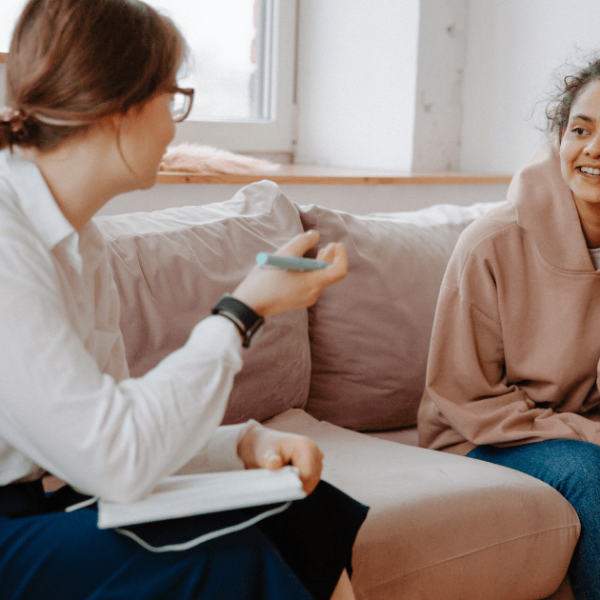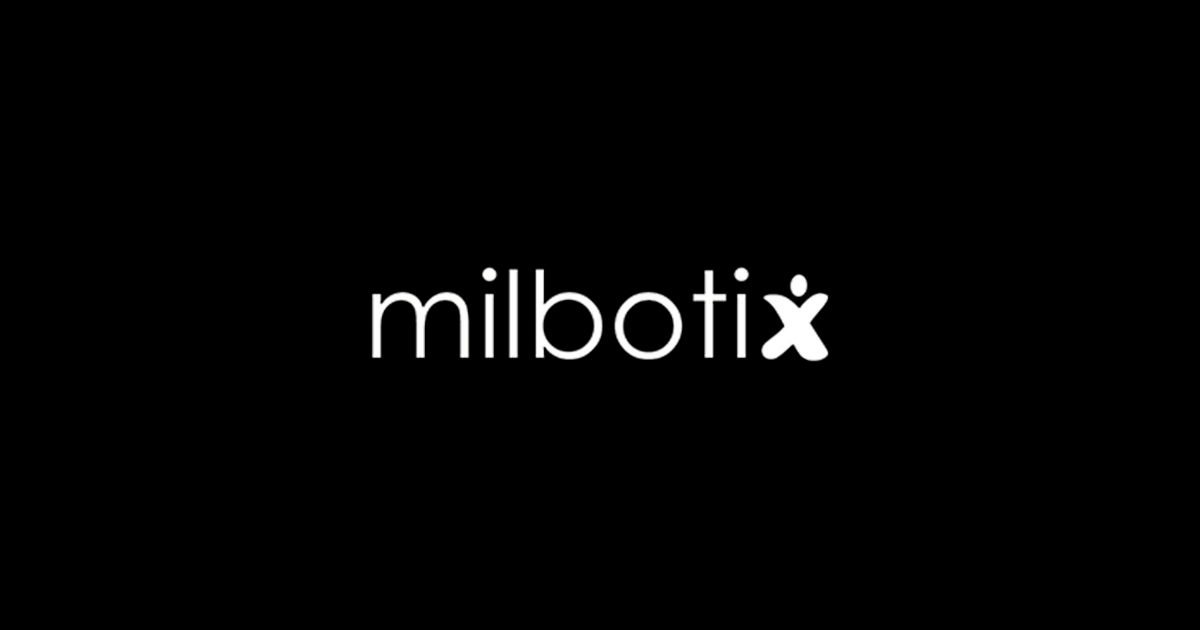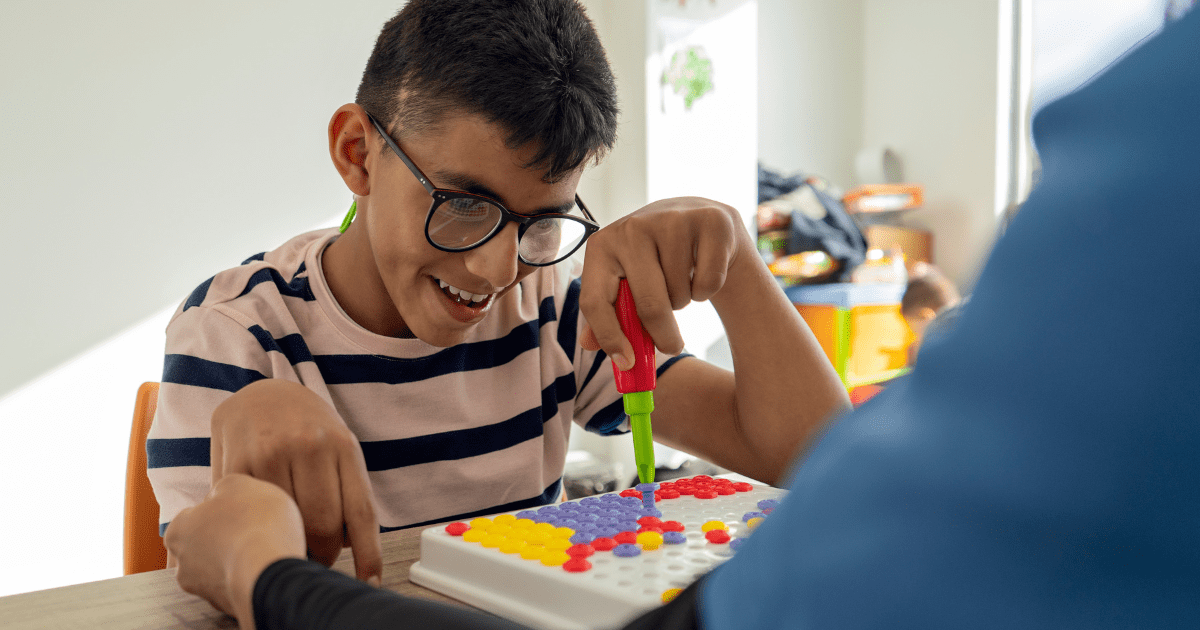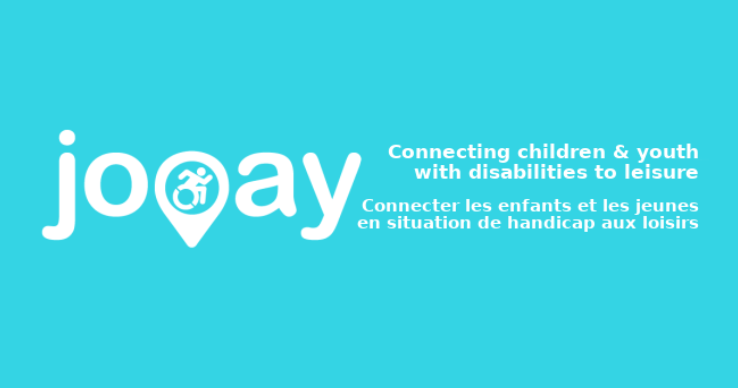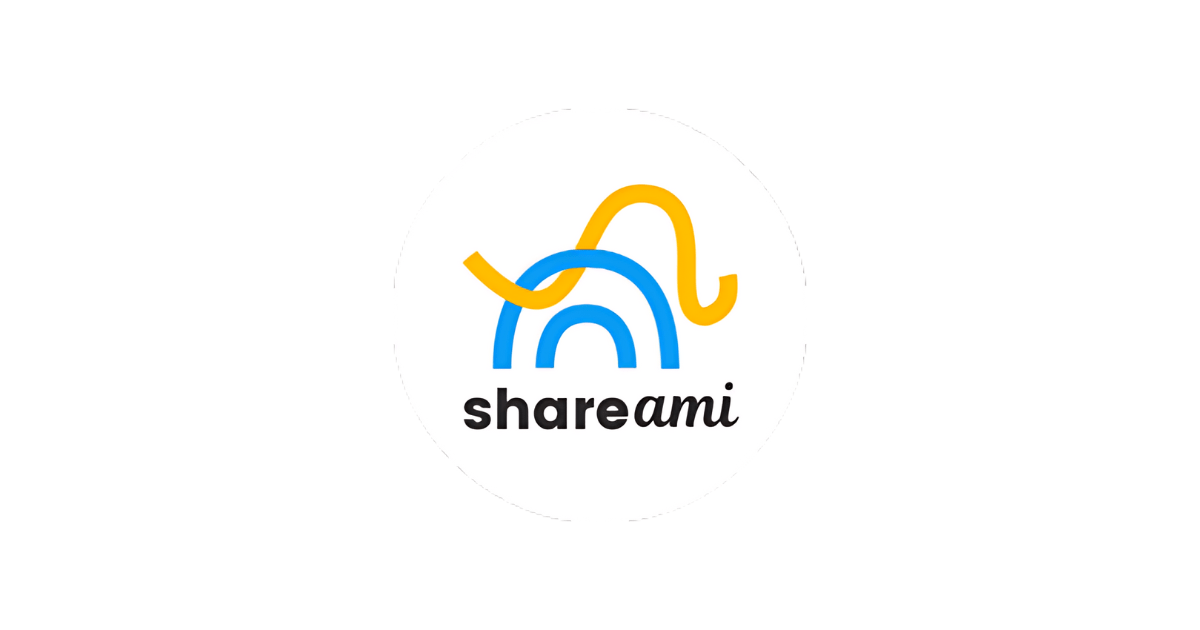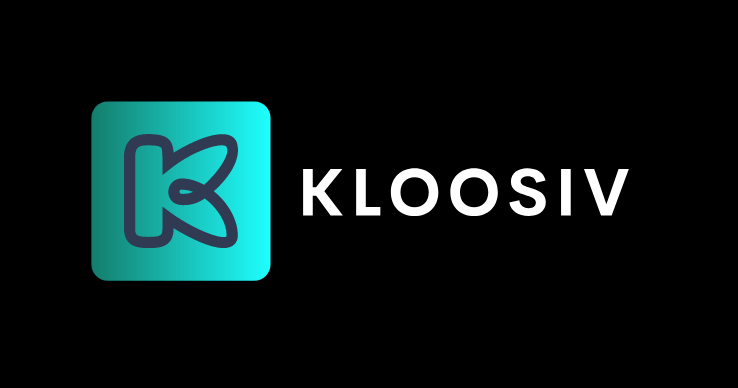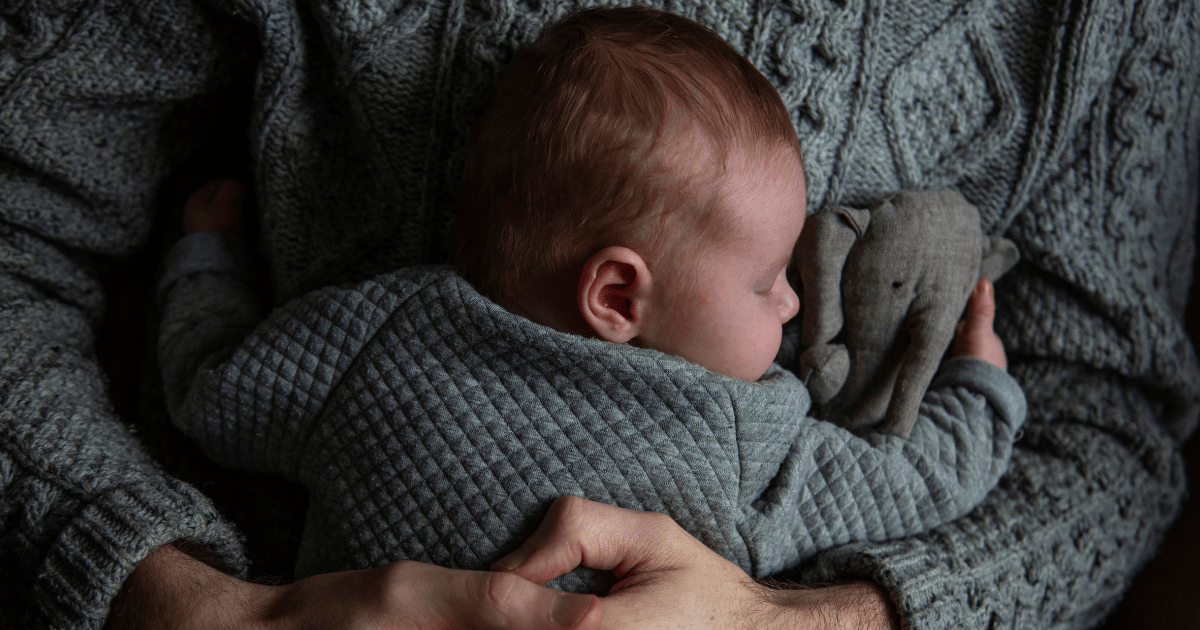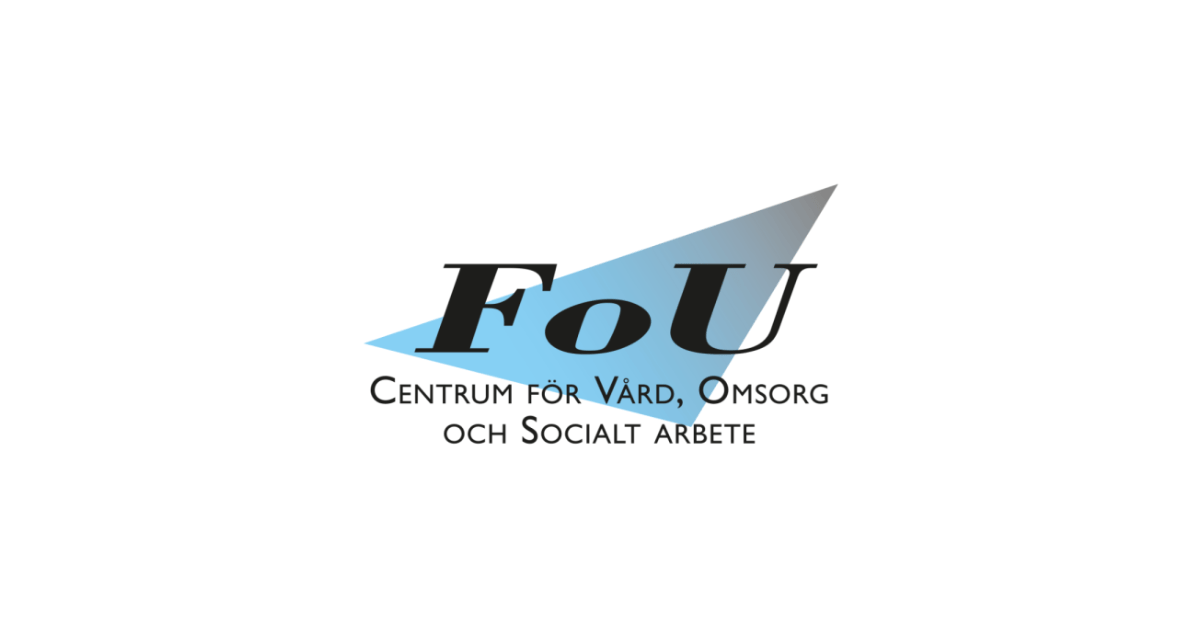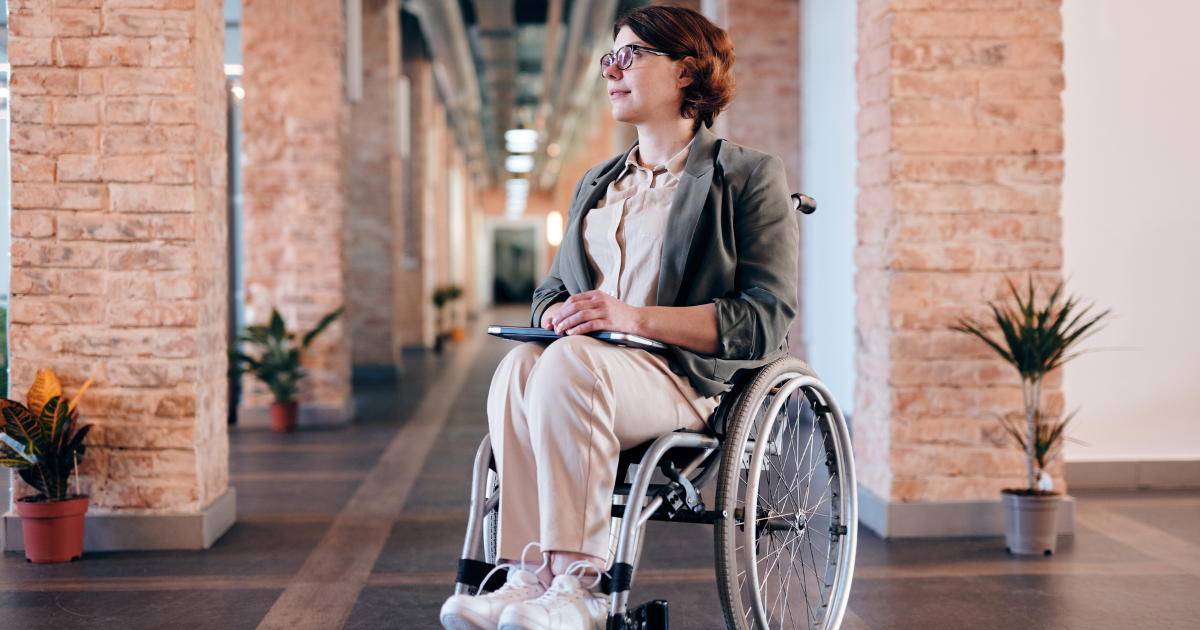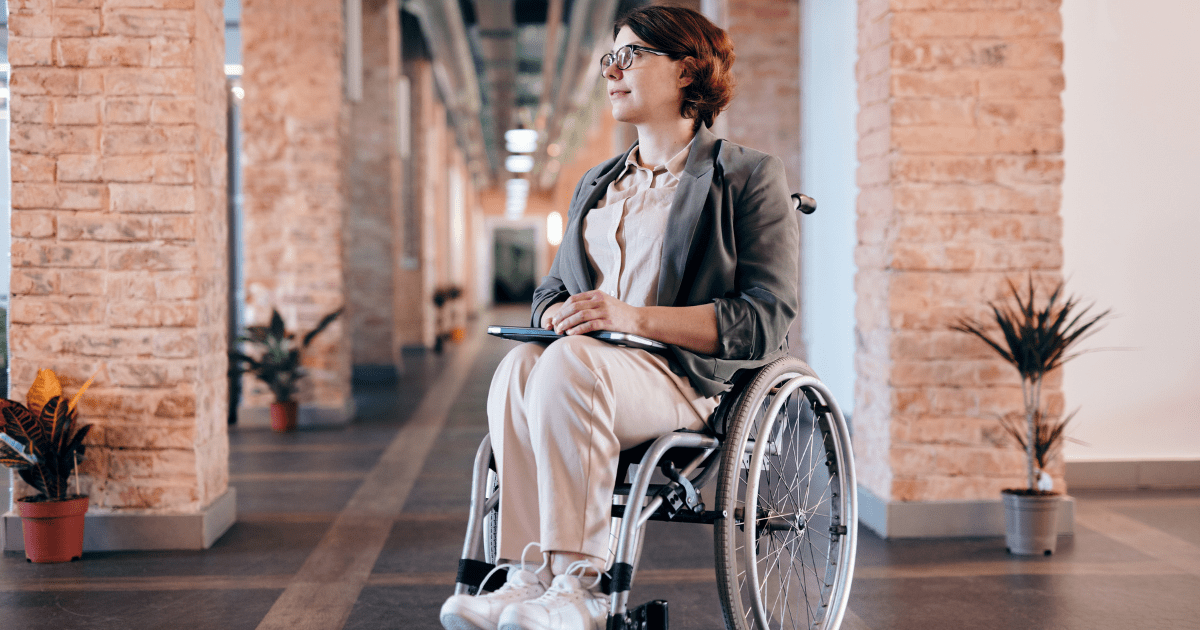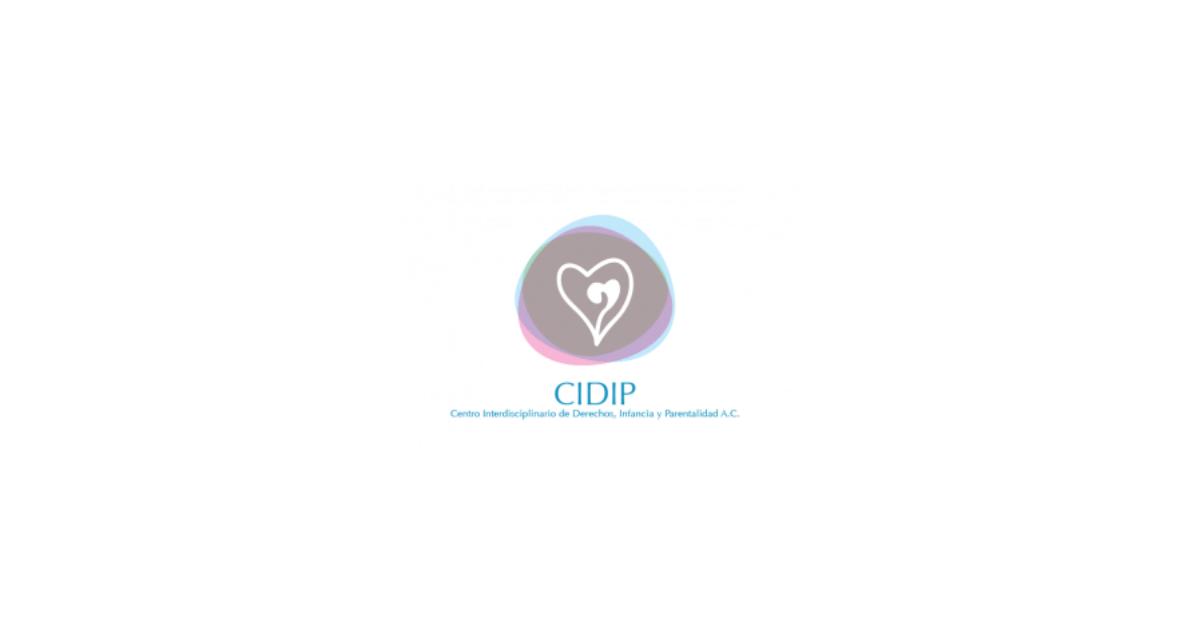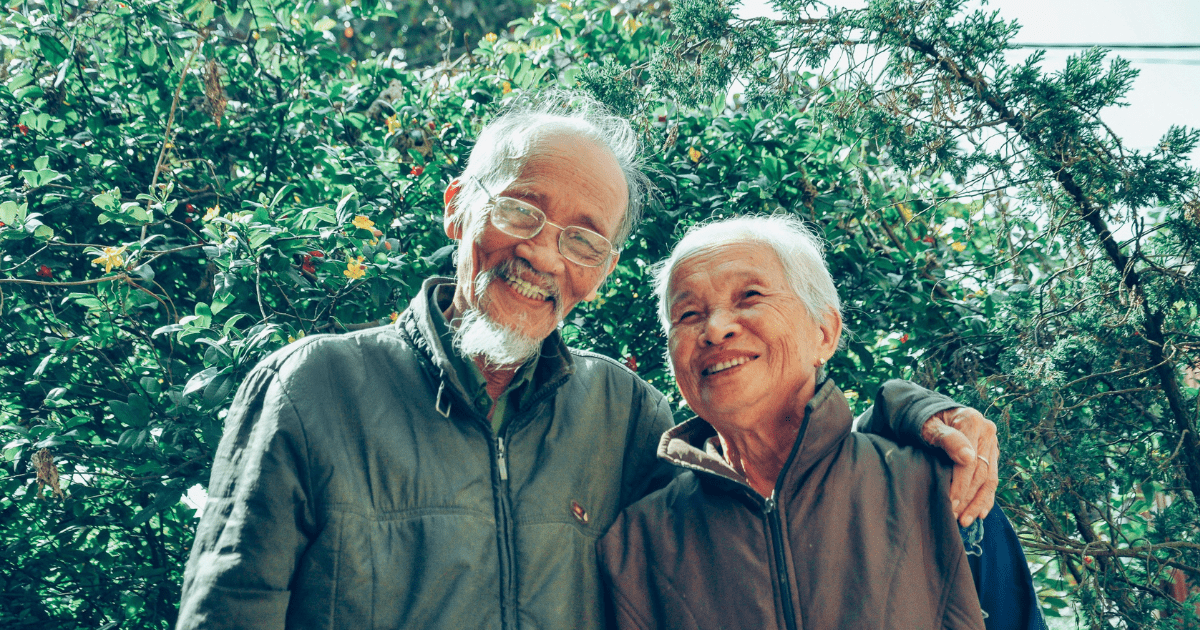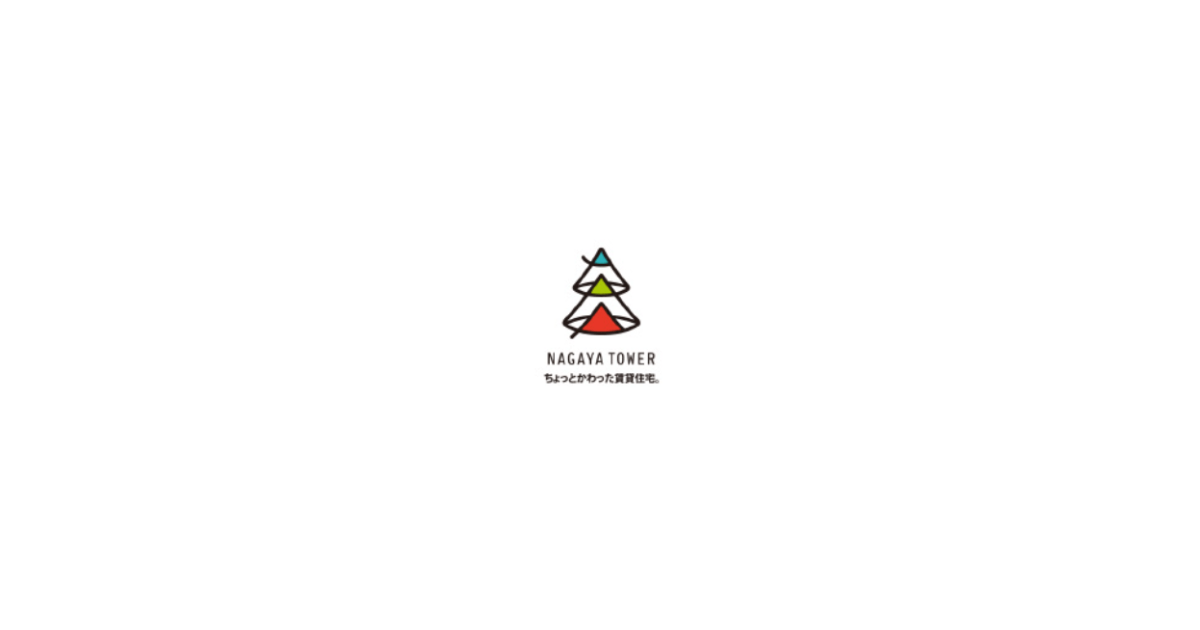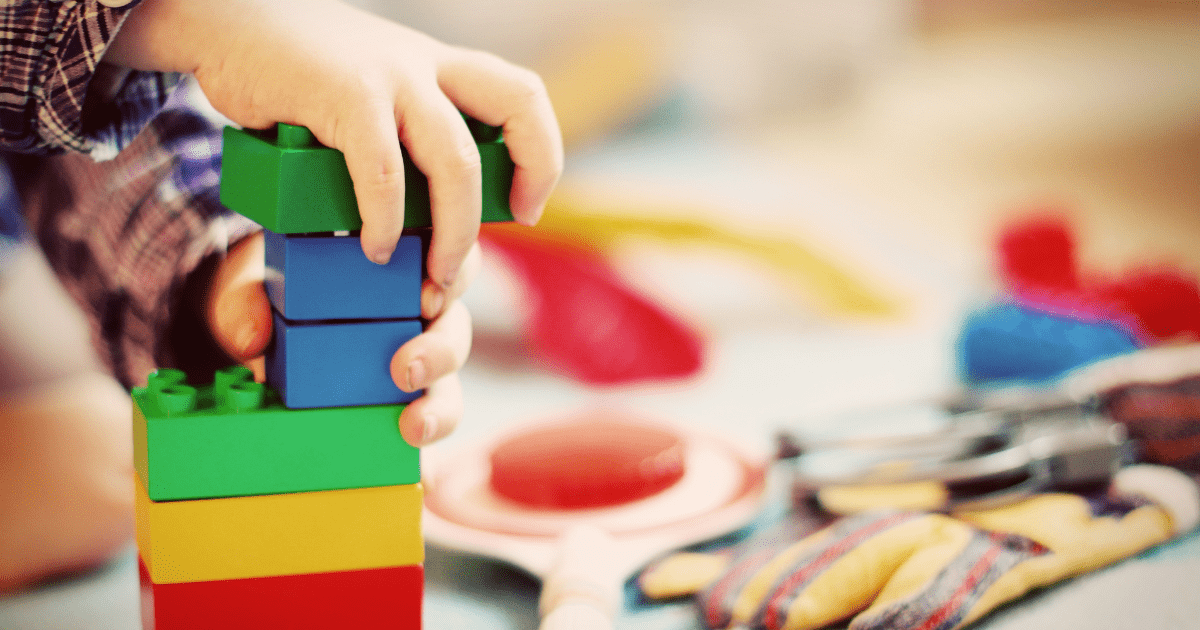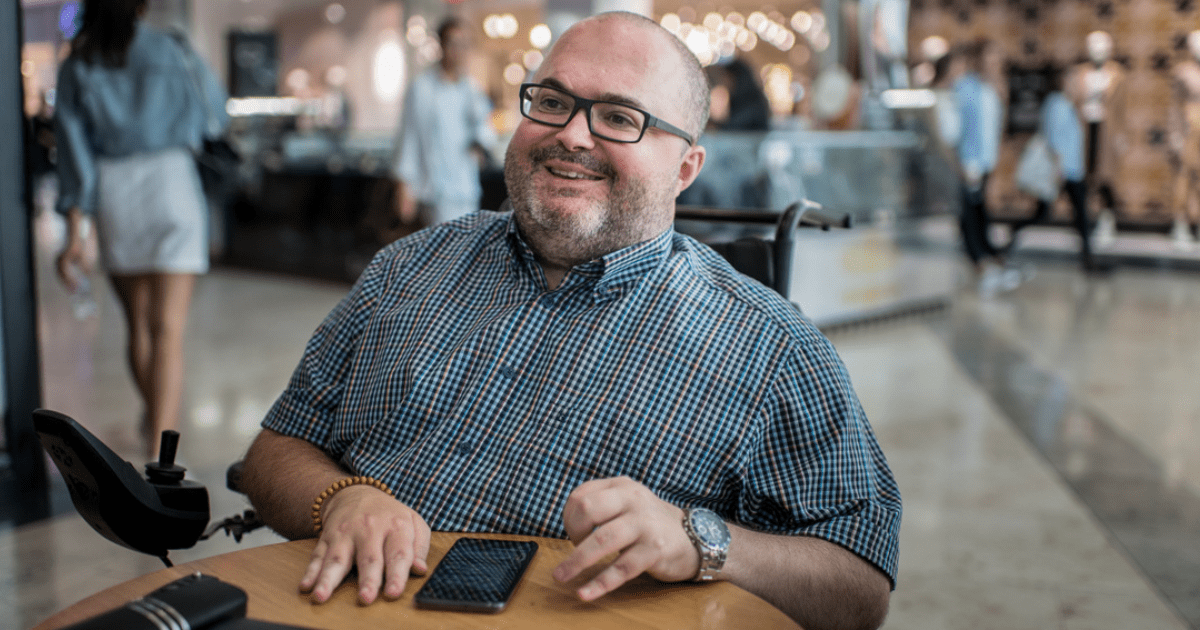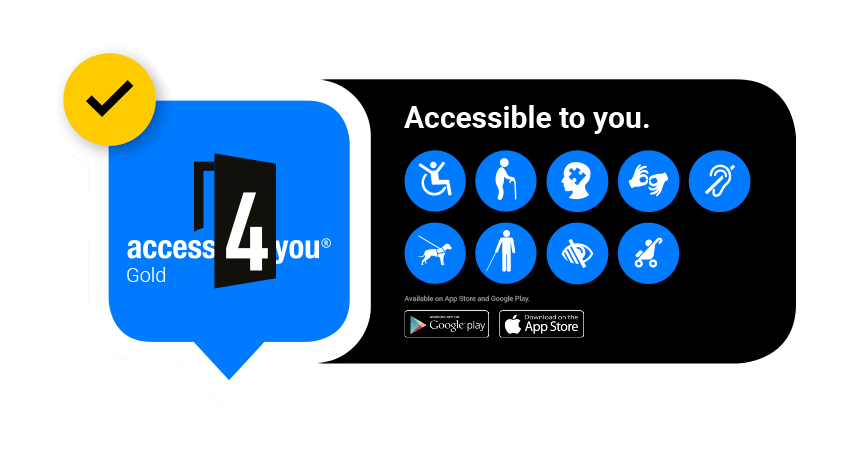Reviu, a platform that promotes transparency in housing access
Reviu, a platform that promotes transparency in housing access
IDRA

Online platform for sharing and searching for apartment reviews
Reviu is a portal where tenants can rate the apartments they live in or have lived in, as well as their relationship with the real estate agency and the property owner. The main objective is to provide transparent and real information about the real estate market to prevent people looking for housing from doing so blindly and without references. This way, the information asymmetry that currently characterizes the housing market can be overcome.
The platform allows searching for reviews of specific apartments and buildings, writing anonymous opinions, and searching for all published information about each real estate agency. When publishing a review, tenants must provide data about the apartment, such as the condition of the housing, the initial and final price, the relationship with the property owner and the neighbors, the characteristics of the space, the temperature, etc.
To combat fraud, the website relies on municipal cadastral data and information from Google. Although it is an anonymous portal, the platform asks for some personal data from the authors of the comments in order to contact them if they want to verify the authenticity of the reviews. To avoid creating a platform where only “hate comments” are posted, Reviu approaches reviews from a constructive perspective. The portal also offers practical resources, advice, and explanatory videos about information related to renting housing.
Characteristics of innovation
Localization
Barcelona, Catalonia
Partners / Funders
PUMBA, Synapsis, Across Legal, El Canòdrom (Barcelona City Council), Department of Business and Employment (Government of Catalonia), Recovery and Transformation Plan and Resilience (Government of Spain), and NextGenerationEU Funds (European Union).
Genesis
After two years of work and research, the cooperative IDRA (Urban Research Institute) officially launched Reviu on June 10, 2024, at a presentation event in the Paral·lel 62 hall in Barcelona.
Level of implementation
Currently, Reviu only collects reviews and information about the real estate market in Barcelona, but in the future, it aims to expand its implementation scope to other territories. Furthermore, the team behind the platform is already working to incorporate the possibility for real estate agencies and property owners to respond to comments, with the aim of giving voice to all actors involved in the process.
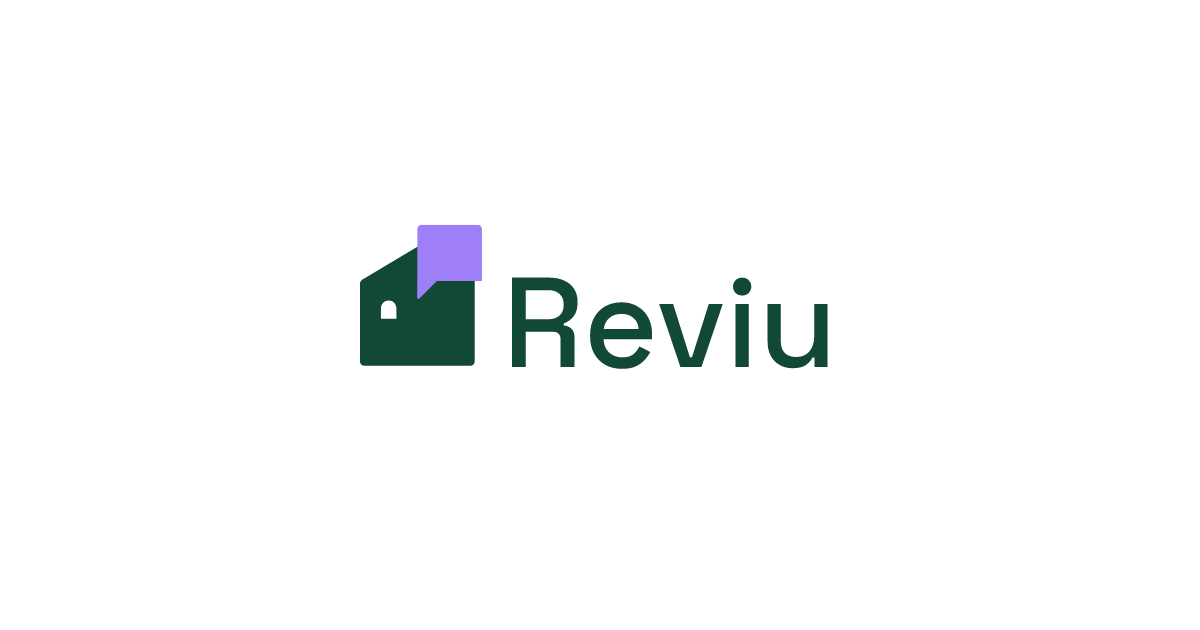
Banc d’innovacions





